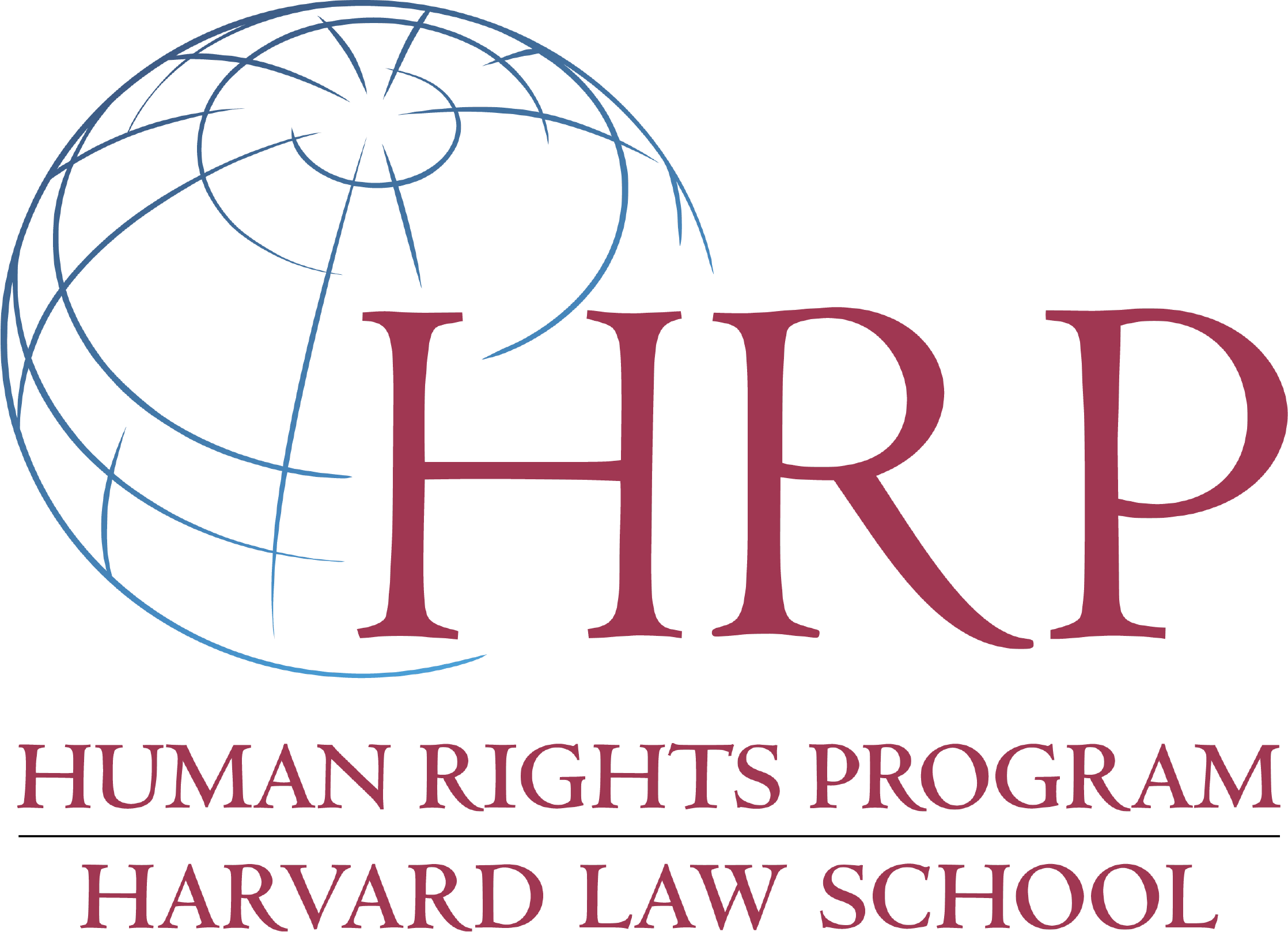Gerald Neuman files amicus curiae brief to US Supreme Court on review of expedited removal
Gerald Neuman, Co-Director of the Human Rights Program and J. Sinclair Armstrong Professor of International, Foreign, and Comparative Law at Harvard Law School, recently filed an amicus curiae brief to the US Supreme Court in a case about the habeas corpus rights of refugees. The case involves the power of federal courts to review decisions about deporting recently-arrived refugees who have been refused protection and are being returned to their home countries.
Department of Homeland Security v. Thuraissigiam concerns Vijayakumar Thuraissigiam, a Tamil who fled his home country of Sri Lanka in fear for his life. Soon after arriving, Thuraissigiam was denied asylum in the United States and immigration officers ordered his removal.
The case challenges statutory limits on judicial review of “expedited removal” decisions against noncitizens who have recently entered the United States. Expedited removal – an executive procedure recently expanded by the Trump administration – provides very minimal opportunity for individuals to present their claims. The Ninth Circuit held that the denial of any judicial review of the legality of the removal decision violated the Suspension Clause of the U.S. Constitution. That clause prohibits the suspension of the writ of habeas corpus, except during invasion or rebellion. The Government seeks to overturn the Ninth Circuit holding, and more broadly to undo existing precedent on the right to habeas corpus for migrants facing removal. The Supreme Court agreed to hear the case, and a decision is expected in the spring.
The amicus brief of seven leading Scholars of Habeas Corpus Law demonstrates, on the basis of history and precedent, that the Suspension Clause protects noncitizens against unlawful detention and removal. It shows how the statutory limits on judicial review of expedited removal are radically inconsistent with the constitutional guarantee of habeas corpus.
